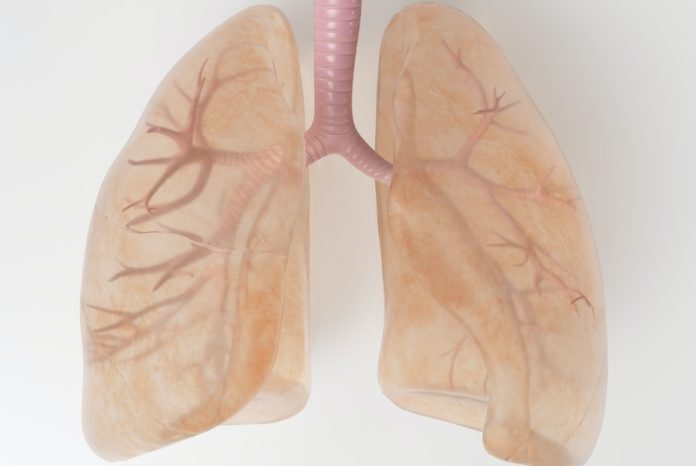
An innovative study presented at the annual meeting of the Radiological Society of North America (RSNA) reveals a groundbreaking use of artificial intelligence (AI) in identifying non-smokers at high risk for lung cancer.
This method utilizes routine chest X-ray images, offering a potential breakthrough in early detection for a group traditionally not included in lung cancer screening programs.
Lung Cancer in Non-Smokers: A Rising Concern
Lung cancer remains the leading cause of cancer-related deaths, with an estimated 238,340 new cases in the United States this year.
Notably, 10–20% of these cases occur in “never-smokers,” who have either never smoked or have a minimal smoking history.
Current screening guidelines by the USPSTF focus on individuals with a significant smoking history, leaving non-smokers without an effective early detection strategy.
Anika S. Walia, B.A., a medical student and researcher leading the study, emphasizes the growing incidence of lung cancer among never-smokers.
Often diagnosed at advanced stages, these cases highlight the need for early detection methods beyond the current smoking-centric guidelines.
AI-Driven Lung Cancer Risk Prediction
The research team developed the “CXR-Lung-Risk” model, an AI tool trained on chest X-rays from the Prostate, Lung, Colorectal, and Ovarian (PLCO) cancer screening trial.
This model predicts lung-related mortality risk from a single chest X-ray, a widely available and commonly used medical test.
Validated in a separate group of never-smokers, the study involved 17,407 patients, with 28% identified as high risk by the AI model.
Remarkably, 2.9% of these high-risk patients were later diagnosed with lung cancer, surpassing the 1.3% risk threshold for lung cancer screening as recommended by National Comprehensive Cancer Network guidelines.
Implications for Lung Cancer Screening
This AI tool’s ability to categorize never-smokers into different risk groups based on standard chest X-rays represents a significant advancement in lung cancer screening.
It offers a new opportunity for early detection in individuals traditionally excluded from existing screening programs due to their non-smoking status.
Michael T. Lu, M.D., M.P.H., the study’s senior author, highlights the tool’s potential in opportunistic screening using existing medical records, stressing the importance of this approach as smoking rates decline.
This AI-driven method could be crucial in detecting lung cancer early in non-smokers, potentially improving outcomes and saving lives.
If you care about cancer, please read studies about Research shows a major cause of pancreatic cancer and findings of Dangerous chemical exposure linked to cancers in women.
For more information about health, please see recent studies that olive oil may help you live longer, and vitamin D could help lower the risk of autoimmune diseases.
Copyright © 2023 Knowridge Science Report. All rights reserved.



